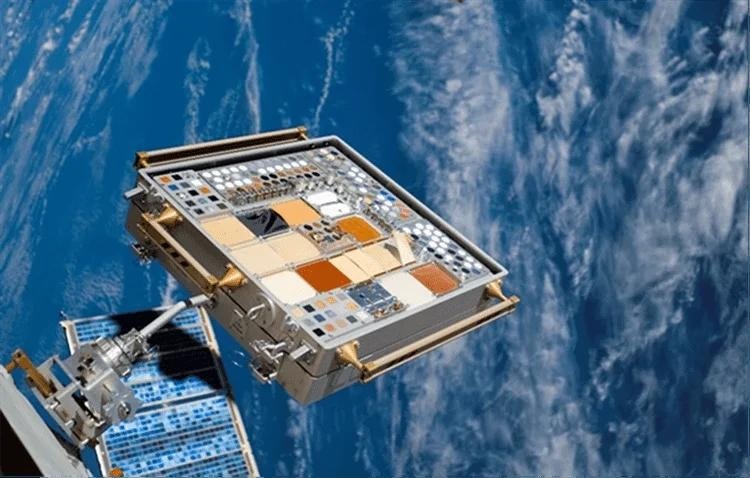Above: Orbital will be testing the performance and durability of its proprietary materials in low orbit, aboard the International Space Station (ISS) as part of the upcoming Materials International Space Station Experiment (MISSE-19) mission scheduled for March flown by SpaceX Dragon resupply mission, SPX-30. Above: Orbital is developing adaptable, space-based microgravity platforms for government and commercial customers.

Image Credit: Above
The MISSE facility’s environmental monitoring and data collection systems contain small samples of material that are attached in panels to the exterior of the ISS, testing a number of durability factors in the harsh environment of space. These samples endure extreme levels of solar and charged-particle radiation, atomic oxygen, hard vacuum, temperature extremes and contamination and are then returned to Earth for analysis.
Among the materials that ABOVE is testing include those that may be used on its Archimedes Orbital System, a first rapidly deployable, free-flying on-orbit platform, which is in development. Archimedes is intended to serve as an orbital system for solar panels, beamed power, and electronically steerable antenna arrays for communications and monitoring, as well as other space infrastructure functions. Other materials to be tested include resins, polymers and several customer payloads including in situ 3-D printing, data and seeds. Click here for more information about Archimedes.
"Testing materials before building is crucial to successful outcomes as we work toward our goals in low Earth orbit," says ABOVE CEO and President Rhonda Stevenson. "We're excited for our first launch and are pleased to be flying customer payloads together with our experiments in the mission.”
Since 2001, the MISSE series has tested some 4,000 material samples and specimens — from lubricants and paints to fabrics, container seals and solar cell technologies — to demonstrate their durability in the punishing space environment.